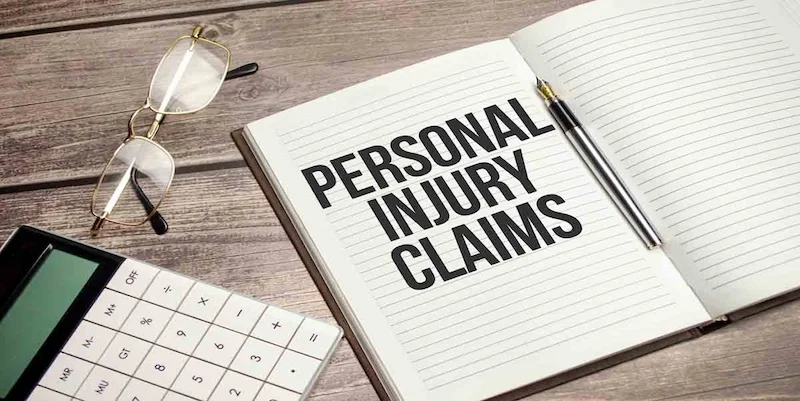The Different Factors That Can Influence the Outcome of Your Personal Injury Claim
Accidents happen unexpectedly, leaving victims with physical, emotional, and financial burdens. If you’ve been injured due to someone else’s negligence, filing a personal injury claim is often the only way to recover compensation for your losses. However, before you file your claim with the help of trusted, it’s important to understand that several factors can influence the outcome.
Severity of Your Injuries
One of the most significant factors affecting your claim is the severity of your injuries. Claims involving serious injuries, such as traumatic brain injuries, spinal cord damage, or permanent disability, tend to result in higher compensation compared to minor injuries like sprains or cuts. This is because severe injuries often lead to long-term medical treatment, loss of earning capacity, and profound changes in the victim’s life.
Insurance companies typically review medical records thoroughly. Therefore, consistent treatment and documented evidence of your injuries are essential to support the seriousness of your condition.
Liability and Evidence
Establishing liability is crucial in any personal injury case. If it is clear that the other party is entirely at fault, your chances of obtaining fair compensation are higher. However, if there is shared fault, or if liability is difficult to prove, it can reduce the settlement amount or lead to a denial of the claim.
Strong evidence is vital. This includes photographs from the accident scene, witness statements, police reports, and surveillance footage. The clearer your evidence, the easier it is to establish negligence and causation, which are central to winning your case.
Your Medical Treatment History
Delays in seeking medical attention or failing to follow treatment recommendations can harm your case. Insurance adjusters may argue that your injuries are not as serious as claimed if you wait too long to visit a doctor or if you skip appointments. Consistent treatment indicates that you are taking your injuries seriously and working towards recovery.
Additionally, following your healthcare provider’s advice helps demonstrate that you are mitigating damages, which is a legal obligation in personal injury claims.
Statements Made to Insurance Companies
What you say to insurance adjusters can significantly impact your claim. Insurers often try to minimize payouts by using your statements against you. For instance, apologizing at the scene or admitting partial fault during a recorded conversation can weaken your claim. It is always wise to consult your attorney before speaking to insurers to avoid unintentionally harming your case.
Pre-Existing Conditions
Having a pre-existing medical condition does not disqualify you from compensation, but it can complicate the process. Insurers may argue that your injuries are related to your prior condition rather than the accident. However, if your attorney can prove that the accident aggravated your pre-existing condition, you can still receive compensation for the worsening of your health.
Impact on Daily Life and Employment
Another influential factor is how the injury affects your daily life and ability to work. If your injury has prevented you from performing routine tasks, enjoying hobbies, or fulfilling your professional duties, it strengthens your claim for damages such as loss of enjoyment of life and lost income.
Testimonies from family, friends, and employers can support these claims by providing insights into how your life has changed since the accident.
Time Limits for Filing a Claim
Every state has statutes that set deadlines for filing personal injury claims. Failing to file within this period will result in the dismissal of your case. Therefore, contacting an attorney promptly ensures you do not miss this critical window.
Legal Representation
Finally, having experienced legal representation greatly influences your case’s outcome. Personal injury attorneys understand how to negotiate with insurance companies and build a strong case with the necessary evidence. They handle legal complexities while you focus on recovery.
Conclusion
The outcome of your personal injury claim depends on several factors, from the severity of your injuries to the evidence presented and the quality of your legal representation. Being aware of these factors and working closely with your attorney will help you navigate the claims process effectively and maximize your compensation.
Visit the rest of the site for more interesting and useful articles.

